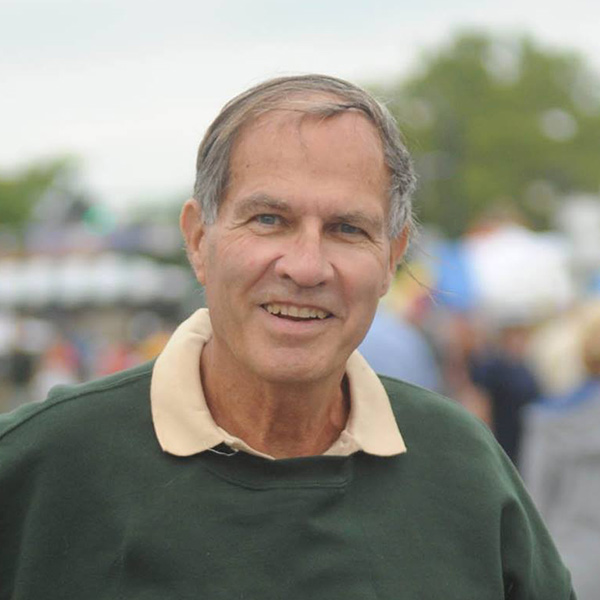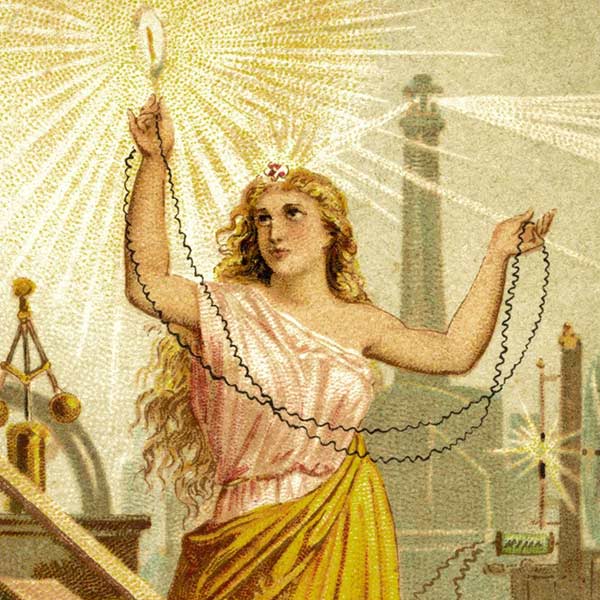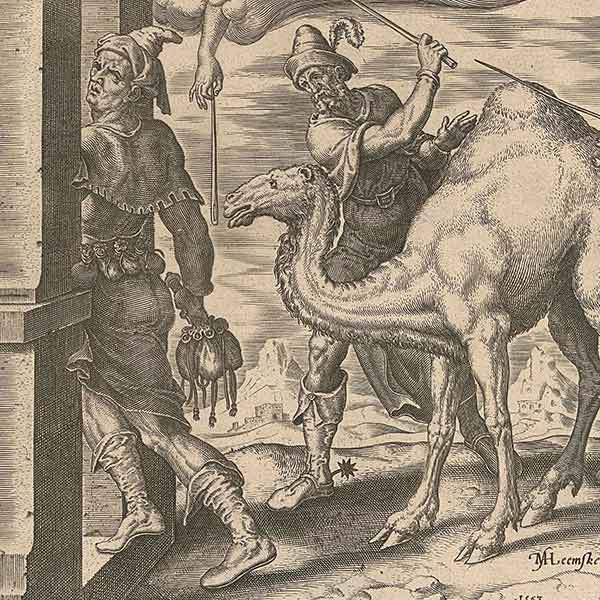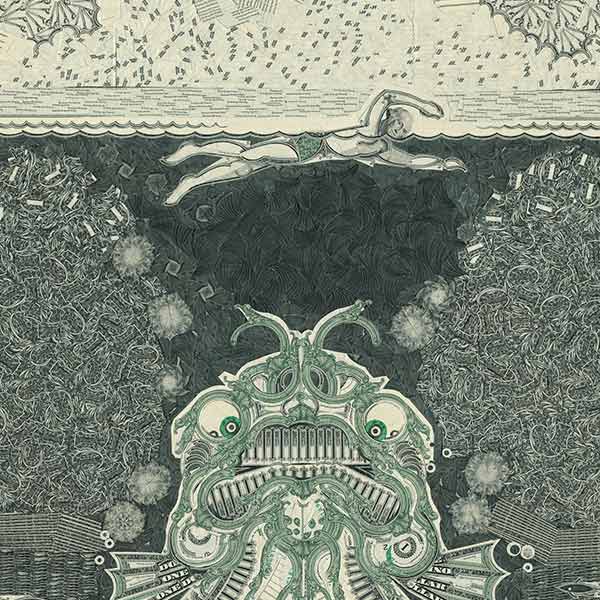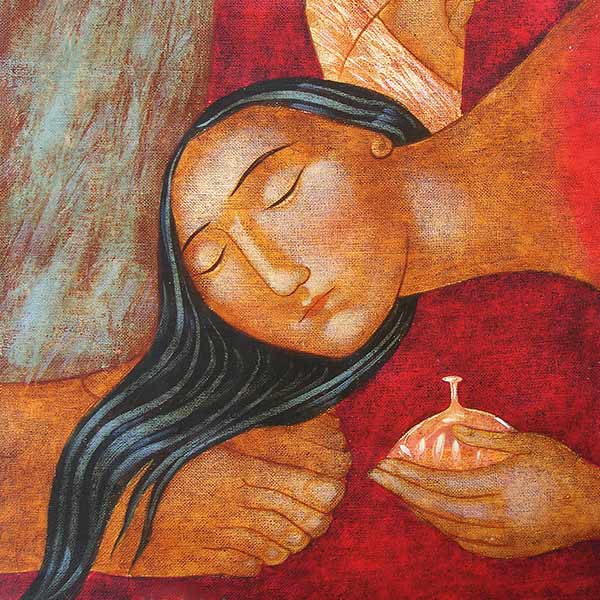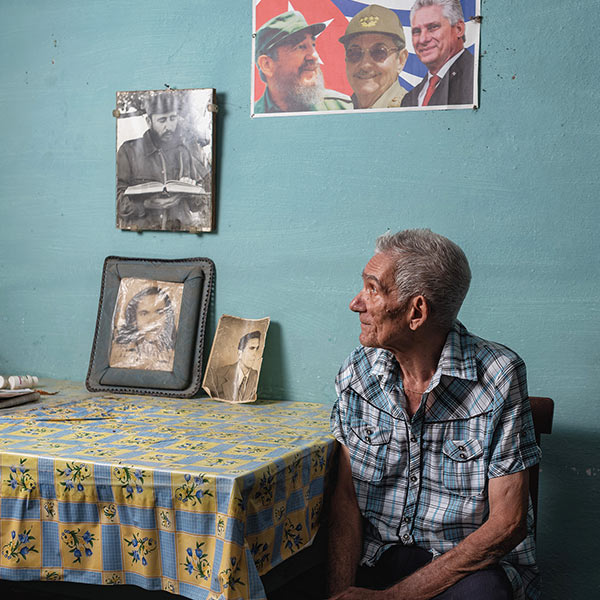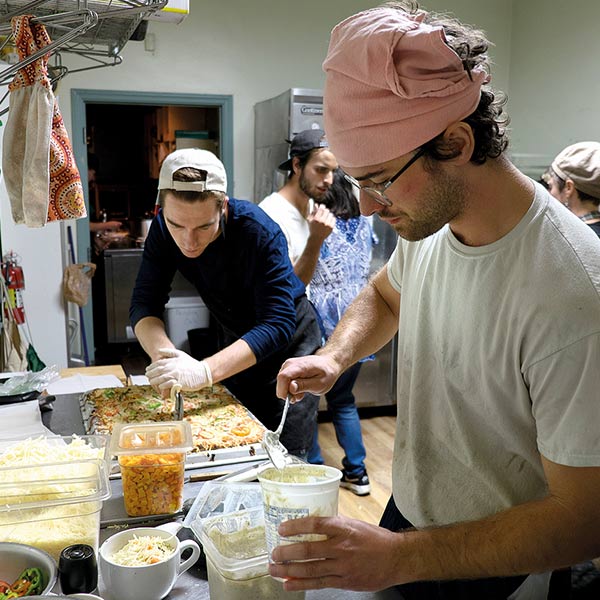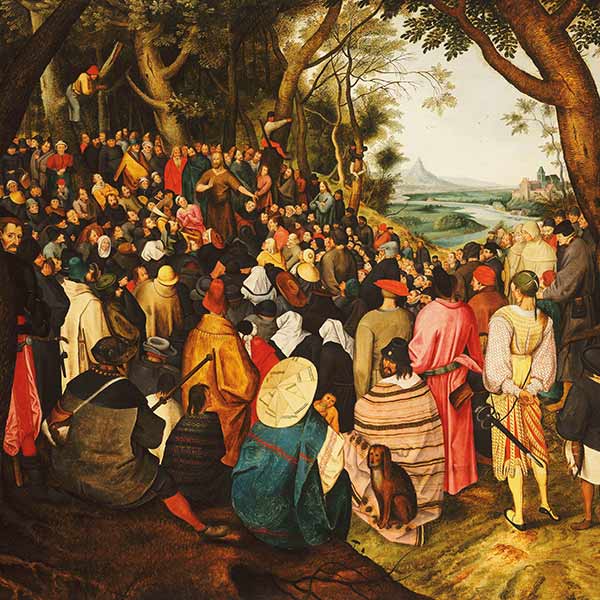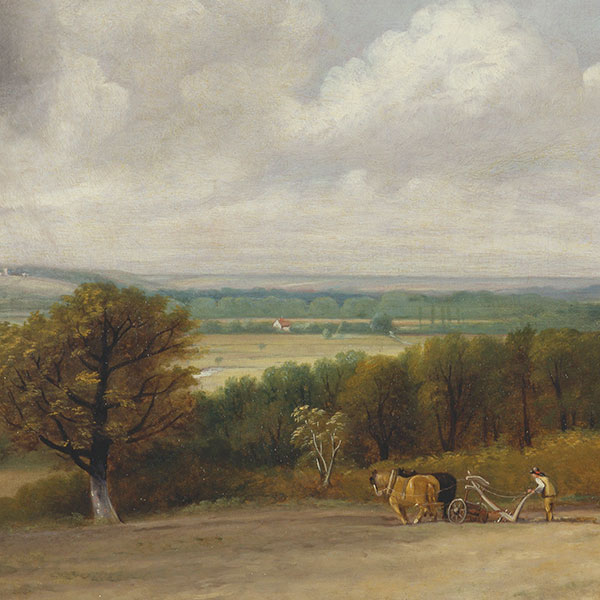As a family doctor in Buffalo for the past twenty-five years, I have been a witness to a broken and unjust healthcare system that has failed to provide care for those who cannot afford it. I have seen medical disasters that never should have occurred. I have taken care of thousands of people who have suffered, and many who have even died, because they had no health insurance. One of those was my UPS driver, Michael.
I first met Michael when he delivered packages to the front door of the then-small private family medical practice my wife and I had started. As our friendship developed, Michael decided to become my patient. He was a healthy man, although he had a propensity to drink too much alcohol. Through his job, he had access to affordable health insurance.
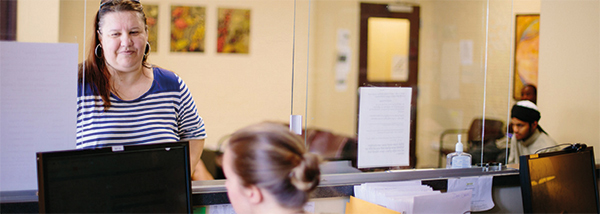
Photographs courtesy Jericho Road Community Health Center.
Then, during one busy Christmas season, Michael had two car accidents within three days. As a result, he was fired by UPS and lost his health insurance. He and his wife lived on a small farm thirty minutes from the city, where they raised three boys and a few horses and she ran a small dog-grooming business. They weren’t rich but worked hard. Now self-employed, they were making about $50,000 per year, too much to qualify for Medicaid but not enough to afford health insurance on the open market, which would have cost them $600 per month. Since they lived on a tight budget and thought they were healthy, they opted not to get coverage.
After that, I did not see much of Michael. For the next ten years, he did not get the basic screening and preventive care measures recommended for a middle-aged man – a colonoscopy to screen for colon cancer, blood work to check cholesterol and sugar, or an annual flu shot.
One recent Friday afternoon, at the end of a busy day seeing patients, I saw that Michael had been squeezed into my schedule. He told me that he had been having diarrhea mixed with blood for six months. He was losing weight, did not have much appetite, and noticed feeling warm at night. Just looking at him, I knew something was wrong. This uninsured horse farmer would not just show up in my office on a Friday afternoon unless he was in serious trouble. I proceeded to examine him and was shocked to find an ugly, foul-smelling abscess in his scrotum and an ulcerating tumor of his rectum. What I witnessed was as upsetting as some of the worst things I have seen in Sierra Leone and Congo. I said, “Michael, how could you have waited six months to come in to get checked for this?”

He looked at me and said, “Dr. Glick, I don’t have any health insurance. I knew you would see me for free, and I figured something was really wrong, but there is no way I could afford to get the treatment that you would send me for.”
In the richest country in the world, where we have cutting-edge medical technology and life-saving procedures, Michael had basically opted out of the system. What could have been prevented by a colonoscopy when he turned fifty would instead become incredibly expensive for him and for the healthcare system, and would ultimately result in his premature death. By the time I saw him, he was wearing a diaper. I admitted him to the hospital and diagnosed cancer of the colon that had already spread to other organs.
The American healthcare system is built on two premises: first, that it is OK to make a profit in healthcare, and second, that only those who can afford care deserve it.
Michael and I spent a lot of time together while he was in the hospital. Because he had no insurance, I had to do a lot of advocacy on his behalf to get an oncologist and a surgeon to agree to treat his cancer. Michael and I do not share the same political views, but he did tell me that he wished this country could set up a system so that everyone could afford to have health insurance, although he did not think it should be free, and he definitely did not want it to be a system like Canada’s, because he had heard that “socialist” systems treat people poorly.
Too many times, I have seen bad things happen to good people simply because they did not have health insurance. A man with an inguinal hernia almost the size of a football eventually died of untreated laryngeal cancer because he was afraid of the bill his family would get if he went to the emergency room. A sixty-year-old man came in to my office, blinded because he had cataracts in both eyes and was uninsured. He could not afford the thousands of dollars he would need to pay to get the cataracts removed. A blind man in Buffalo, a city with over 150 well-paid eye doctors, is hard to accept. He told me he was “waiting until he turned sixty-five and could get Medicare before he would get the surgery.” I also remember diagnosing a seventy-year-old man with lung cancer, and as I was referring him to the world-renowned, state-of-the-art cancer treatment center in town, he told me he would not go. He was “uninsured and was going to die anyway, so no need to leave his wife with the bill.”
Despite the Affordable Care Act, over twenty-eight million people in this country have no medical insurance. Many additional millions have high-deductible plans that leave them struggling to afford basic health care. And often those who do qualify for Medicaid still struggle to get access to the specialists, medications, and lifesaving procedures that they need.
Americans spend more on health care than the people of any other country. We have great medications, cutting-edge medical technology, and the ability to cure diseases unlike at any other time in the existence of humanity. Yet our healthcare system generates exorbitant profits for pharmaceutical companies, the health insurance industry, medical technology companies, and hospitals. This system is built on two premises: first, that it is OK to make a profit in healthcare, and second, that only those who can afford care deserve it. These two contemptible ideas are at the heart of why our system is so broken. In a country where we assure that everyone, rich or poor, has access to public school education and daily home mail delivery, we have somehow decided that when it comes to health care, we will allow those who cannot afford first-rate health care to go without.
Access to health care is a basic human right. In my own medical practice, providing excellent care to every person regardless of their ability to pay flows from my belief that we are all created in the image of God. If we truly love our neighbor, and if we do to others as we would have them do to us, we will design a system of care where everyone gets the care they need, when they need it, no matter what. This is a moral issue. If we believe all people have intrinsic worth as human beings, we should provide universal access to quality medical care.

